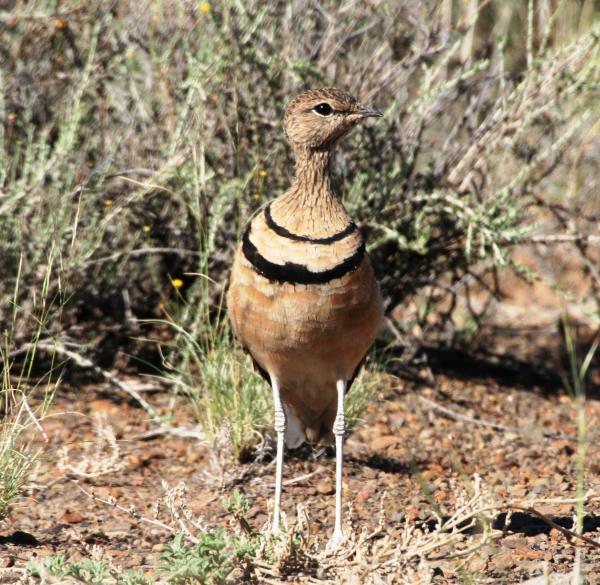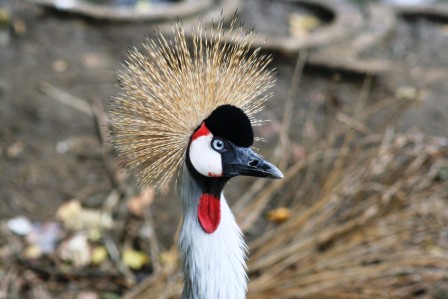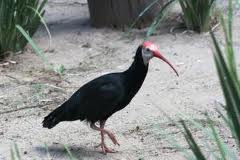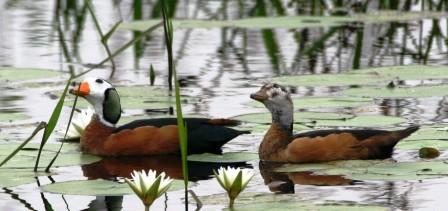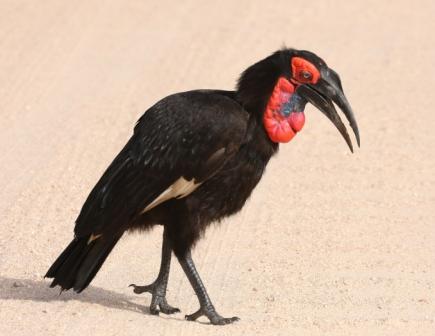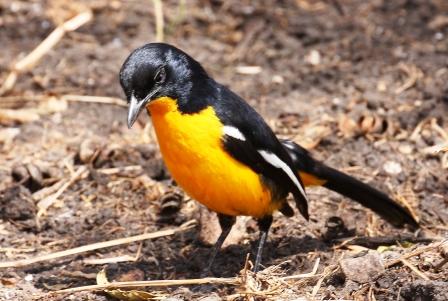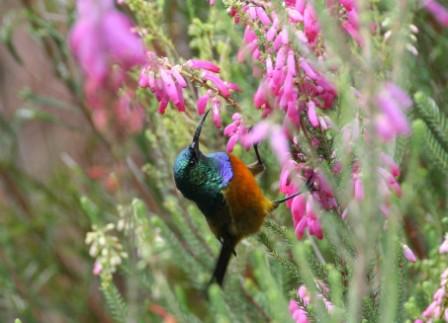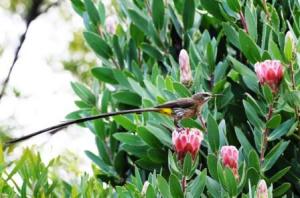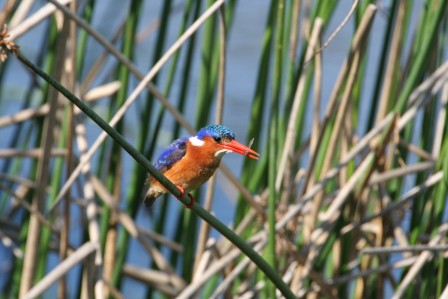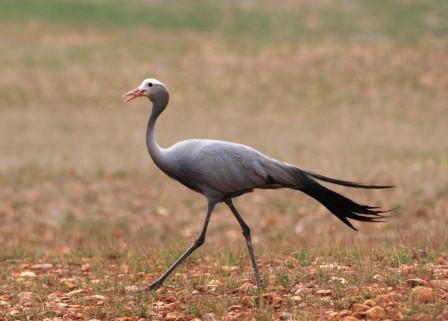|
|
JOIN OUR MAILING LIST |
|
Newsletter / Blog 2013-01-05 Crisis – Turtle Dove and Grey Partridge in UK The Turtle Dove and the Grey Partridge are displaying alarming number reductions in the UK. Once widespread in southern Britain, the Turtle Dove population, which is currently estimated at 14,000 pairs, is now balancing on a knife-edge in the UK, with nearly 60% lost in the five years to 2010. The UK Grey Partridge population is estimated to be around 43,000 pairs, but this too has fallen, by 30% over the same period. Dr Mark Eaton is an RSPB scientist. Commenting on the alarming figures published today, he said: "Losing six out of ten of our Turtle Doves and three out of ten Grey Partridge in five years is nothing short of an unsustainable wildlife disaster. The Turtle Dove is in a great degree of danger — if this trend were to continue we could be down to fewer than 1,000 pairs by the middle of the next decade, with complete extinction a real possibility. These two icons of Christmas are telling us that wildlife is in crisis. We are urging the Government to take urgent action to save these species from becoming just memories within the Twelve Days of Christmas festive classic." Triggered by the impending crisis facing Turtle Doves, Operation Turtle Dove was launched on the 10th May 2012. This is a three-year collaborative project between the RSPB, Conservation Grade and Pensthorpe Conservation Trust, supported by Natural England. Through Operation Turtle Dove, RSPB advisers are helping farmers to help Turtle Doves by providing habitats that are rich in the summer seeds that the species rely on, but which are now lacking in our countryside due to the declines in arable plants such as fumitory. Suffolk farmer James Bucher said: "With help from the RSPB and funding for wildlife-friendly farming, we have noticed increases in Grey Partridge, but most noticeably this summer we had up to eight Turtle Doves whereas before we had just one. However, with species like Grey Partridge and Turtle Dove in such rapid decline it is of great concern that the reform of the Common Agricultural Policy may not ensure funding continues and is enhanced to help me help my farm wildlife." The RSPB is anxious that funding available to farmers for wildlife-friendly farming will be cut when European leaders meet to finalise the European budget next year. This funding has helped farmers to increase the populations of some threatened birds, such as the Cirl Bunting and Stone Curlew. Martin Harper is the RSPB's Conservation Director. He said: "European funding provides the UK with the largest single pot of money for wildlife conservation. This money, which is paid to farmers to put nature back into our countryside, is vital, but it is still seriously at risk as EU leaders wrangle over the big numbers."
|
| Back | Back to top |
 |  | Cape Town Tourism  |
|||||||||||||

